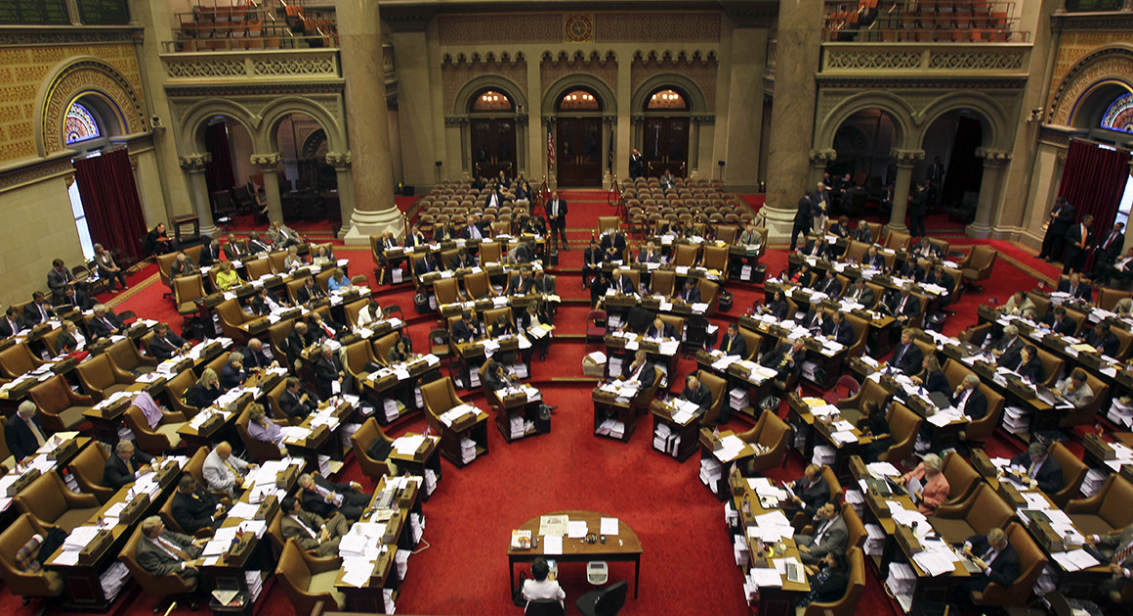Description

Copyright infringement not intended
Context - West Bengal State Government has introduced bills to make the Chief Minister the Chancellor of State universities.
Details
- The government of the West Bengal to introduce 6 legislations in the Assembly to make Chief Minister the Chancellor of all the State-run universities.
- Recently the Cabinet passed a resolution to appoint the Chief Minister as Chancellor of all State universities.
- Generally, the post of Chancellor is held by the State’s Governor.
- The State government has accused the Governor of interfering in the working of state universities.
- The Governor had also indicated that he is not ready to allow the government to enact the legislation.
State Legislative Assembly of India
- The State Legislative Assembly, or Vidhan Sabha, is a legislative body in India's states and union territories.
- Bicameral State legislatures with the upper house being State Legislative Council in 6 States, other States and UTs are Unicameral State Legislature with only a Lower house or Legislative assembly.
- Each Member of the Legislative Assembly (MLA) is directly elected to serve a 5-year term.
- The Constitution of India states that a State Legislative Assembly must have no less than 60 and no more than 500 members however an exception may be granted via an Act of Parliament as is the case in the states of Goa, Sikkim, Mizoram and the Union Territory of Puducherry which have fewer than 60 members.
- A State Legislative Assembly may be dissolved:
- During a State emergency.
- By the Governor on request of the Chief Minister.
- If a motion of no confidence is passed against the ruling majority party or coalition.
- A State Legislative Assembly holds equal legislative power with the upper house of the state legislature, the State Legislative Council, except in the area of dissolution of state government and passing of money bills, in which case the State Legislative Assembly has the ultimate authority.
- A money bill can only be introduced in the State Legislative Assembly. In bicameral jurisdictions, after it is passed in the State Legislative Assembly, it is sent to the State Legislative Council, where it can be kept for a maximum time of 14 days.
- In matters related to ordinary bills, the will of the State Legislative Assembly prevails and there is no provision for joint sitting. In such cases, the State Legislative Council can delay the legislation by a maximum of 4 months (3 months in the first visit and 1 month in the second visit of the bill).
https://epaper.thehindu.com/Home/ShareArticle?OrgId=G0G9T5BEJ.1&imageview=0
1.png)
https://t.me/+hJqMV1O0se03Njk9













